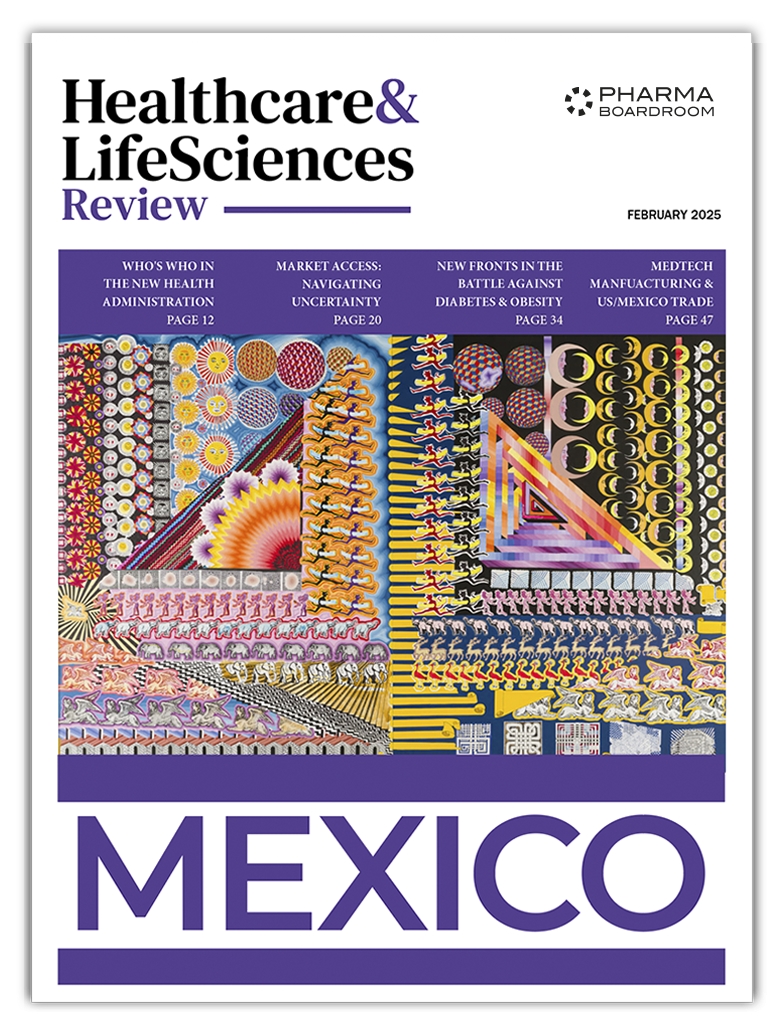A roundup of the top stories coming out of France’s pharma industry, including Sanofi’s consumer health unit spinout and EUR 40 million investment in antibody bioproduction; the French govenment’s unprecedented deal with Upsa; the Health Minister’s plans to lower the national social security system’s reimbursement of drugs; Servier’s newfound willingness to offload its generics branch Biogaran, and bioMérieux’s investment in Oxford Nanopore.
France warns US buyer of Sanofi division of penalties for shifting production abroad (The Guardian)
The French government has warned a US private equity firm buying the consumer healthcare arm of the drugmaker Sanofi that it faces penalties of more than €100m if it does not keep production and jobs in France.
Sanofi is splitting off Opella, which makes the paracetamol brand Doliprane, the laxative Dulcolax and other over-the-counter medicines and vitamins. However, news of talks with the New York-based Clayton, Dubilier & Rice on 11 October prompted fears about French jobs and the loss of control to a foreign company.
Sanofi investment to enhance antibody bioproduction in France (European Pharmaceutical Review)
Sanofi is investing over €40 million in its Lyon Gerland site, supporting antibody bioproduction in France.
A portion of this, €25 million, will be directed toward production and development of Sanofi’s second generation of its polyclonal antibody Thymoglubulin. It is used for transplantation and is manufactured exclusively at the Lyon Gerland site, Sanofi stated.
Strategic drugs: the French government signs an unprecedented agreement with Upsa, the manufacturer of Dafalgan (Liberation, in French)
This is undoubtedly one of the winners from the sale of Doliprane to an American fund and the controversy it generated. The Upsa laboratory, producer of Dafalgan – another French flagship drug and Doliprane’s main rival – has just signed an agreement with the French government, as revealed by Les Echos on 20 November.
The pharmaceutical company, which has been a subsidiary of the Japanese group Taisho Pharmaceutical since 2019, has agreed to produce two strategic drugs at its site in Agen (Lot-et-Garonne) from 2026. In return, it will see the price cut on paracetamol – contained in its Dafalgan and Efferalgan brand drugs – frozen for two years.
Medicines and medical consultations will be less reimbursed by Social Security in 2025, announces the French Health Minister (Le Monde, in French)
In the midst of a budget debate in Parliament, Health Minister Geneviève Darrieussecq announced on Monday 18 November that the rate of reimbursement of drugs by Social Security will fall by 5% next year. This will also be the case for the reimbursement of medical consultations, she added in the Senate.
Specifically, the ‘co-payment’, most often paid by supplementary health insurance, ‘will only increase by 5%’ for medical consultations, whereas ‘it was potentially possible to increase it by 10%’, but ‘in addition [the co-payment] on drugs will increase by 5%’, said the Minister at the opening of the Senate debates on the Social Security Financing Bill, although this measure could be taken by ministerial decree.
Biogaran: Servier remains open to takeover bids (Le Monde, in French)
In September, the pharmaceutical group decided not to sell its generics subsidiary, on the grounds that the conditions had not been met. However, its CEO is not closing the door on a future sale.
The door remains open. While Servier, Biogaran’s parent company, announced in September that it was abandoning the sale of its generics subsidiary, without ruling out the possibility of launching a new ‘strategic review’ of its assets at a later date, its chairman, Olivier Laureau, confirms that he is still open to any takeover proposals.
After US plant reveal, France’s Orano Med lays out €250M to build another radioligand facility overseas (Fierce Pharma)
With multiple drugmakers already announcing a slew of radiopharmaceutical moves this year, France’s Orano Med is doubling down on the nuclear medicine craze.
Clinical-stage Orano Med—which is developing targeted alpha therapies for cancer—has kicked off construction of a 250 million euro ($263 million) plant in the Bessines-sur-Gartempe commune of France. Dubbed the Advanced Thorium Extraction Facility (ATEF), the new 7,000-square-meter (75,347-square-foot) site is slated to manufacture thorium-228, a precursor of lead-212, for radioligand therapies around the globe, Orano Med said Thursday.
Oxford Nanopore secures £70m from French diagnostics company (Medical Device Network)
French diagnostics company bioMérieux has invested £70m ($85m) into Oxford Nanopore Technologies as part of a strategic investment.
As per a 19 October company statement, bioMérieux now owns 3.5% of the UK-based molecular sensing tech company. The France-based company added that it plans to increase its stake in Oxford Nanopore up to a further 3.5%, though it did not place a timescale on when it expects to purchase the additional shares.
Guerbet and Intrasense announce the CE marking of DUOnco Liver, an artificial intelligence algorithm designed to detect focal liver lesions (Company website)
Guerbet (FR0000032526 GBT), worldwide leader in medical imaging, and Intrasense (FR0011179886 – ALINS), specialist in medical imaging software solutions and developer
of Myrian and Liflow, announce the CE marking under MDR of the liver AI developed by Guerbet (trading name: DUOnco Liver).
Nantes-based biotech company Xenothera announces a new €4M grant from the France 2030 Plan (My Pharma Editions, in French)
Xenothera has received non-dilutive funding of €4 million from the French government via the France 2030 investment plan for its LIS22 treatment project in peripheral T lymphoma.
The PALT24 (Polyspecific Antibodies in Lymphoproliferative T cell disorders) project targets an onco-haematological disease with a very poor prognosis. PTCL are proliferative diseases of peripheral lymphocytes with a high medical need, since patient survival at five years is around 30%.



